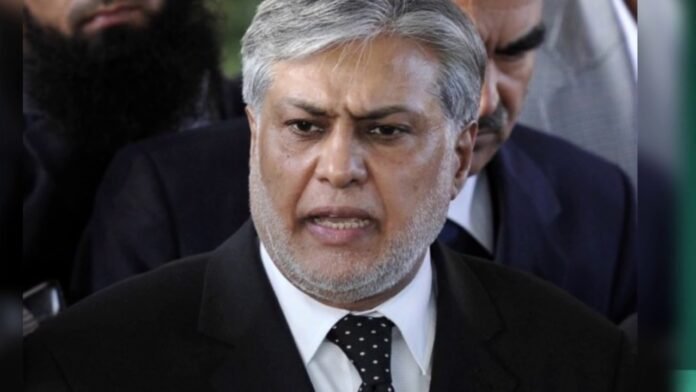A major political incident occurred recently when PTI leader Sher Afzal Marwat filed a complaint with the Islamabad High Court regarding Ishaq Dar’s appointment as Pakistan’s Deputy Prime Minister. This is the first time anyone has questioned the legitimacy and legality of such an action. Many people who have voiced their opinions about it through different channels, such as social media platforms or newspapers, etc.. Think these questions may not be ethical or legitimate given such context.
Legal Action PTI
Sher Afzal Marwat’s lawyer said, “The petitioner argues that the government violated Article 91 of the Constitution by appointing Ishaq Dar as Deputy Prime Minister while he is already serving his duties in the Finance Ministry.”He added that holding two positions simultaneously is an apparent conflict of interest that violates our law.
Grounds for Challenge
The petition highlights several grounds for challenging Dar’s appointment, including:
- Violation of Article 91 of the Constitution, which limits the number of ministries and prevents one person from holding multiple offices.
- Conflict of interest, as Dar will oversee his ministry as Deputy Prime Minister.
Waste of public resources, as appointing one person to two positions is unnecessary and excessive. - Lack of transparency and accountability, as the appointment was made without proper consultation and scrutiny.
Relief Sought
The petition requests the court to:
- Declare the notification of Ishaq Dar’s appointment as Deputy Prime Minister on April 28 as null and void.
- Compensate the petitioner for bringing this vital matter to the court.
Restrain Ishaq Dar from acting as Deputy Prime Minister until the case is decided. - Direct the government to appoint a new deputy prime minister according to the constitution and laws of Pakistan.
The petition filed by Sher Afzal Marwat has sparked a political debate as many people are now questioning the legality and ethics of Ishaq Dar’s appointment. This case could lead to severe consequences for the government, its relationship with other political parties, and even the rule of law in Pakistan itself.
The court will decide if this appointment was legal and whether any government can make such appointments without following due process, including scrutiny and consultation with relevant stakeholders.
Consequently, ordinary citizens across all levels must keep an open lookout for the outcome. So they can take necessary actions depending on the judges’ decision in this case, which might shape future politics within Pakistan.


